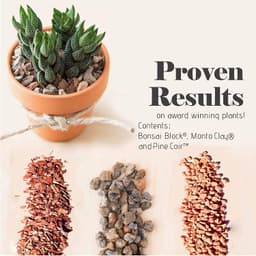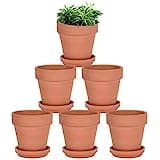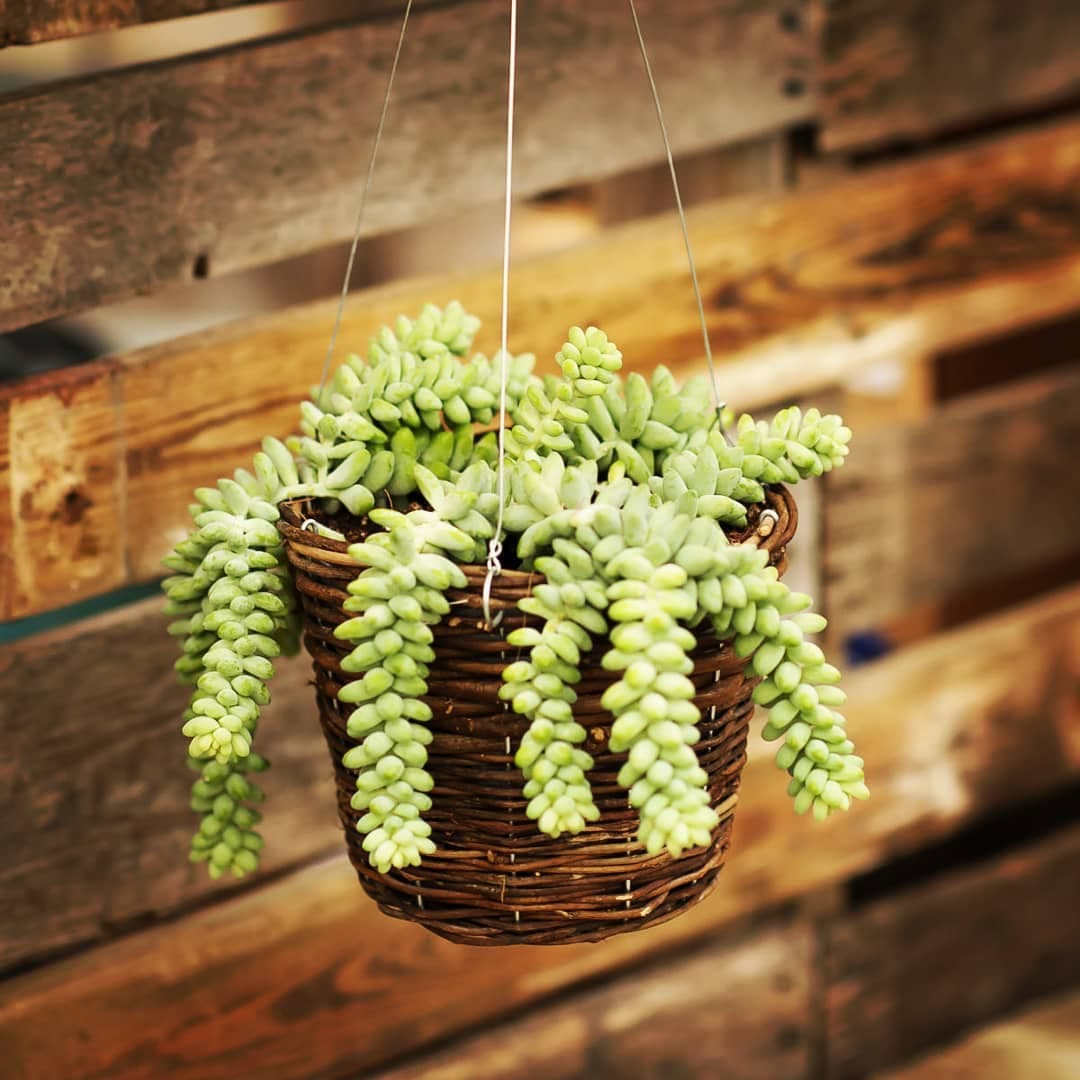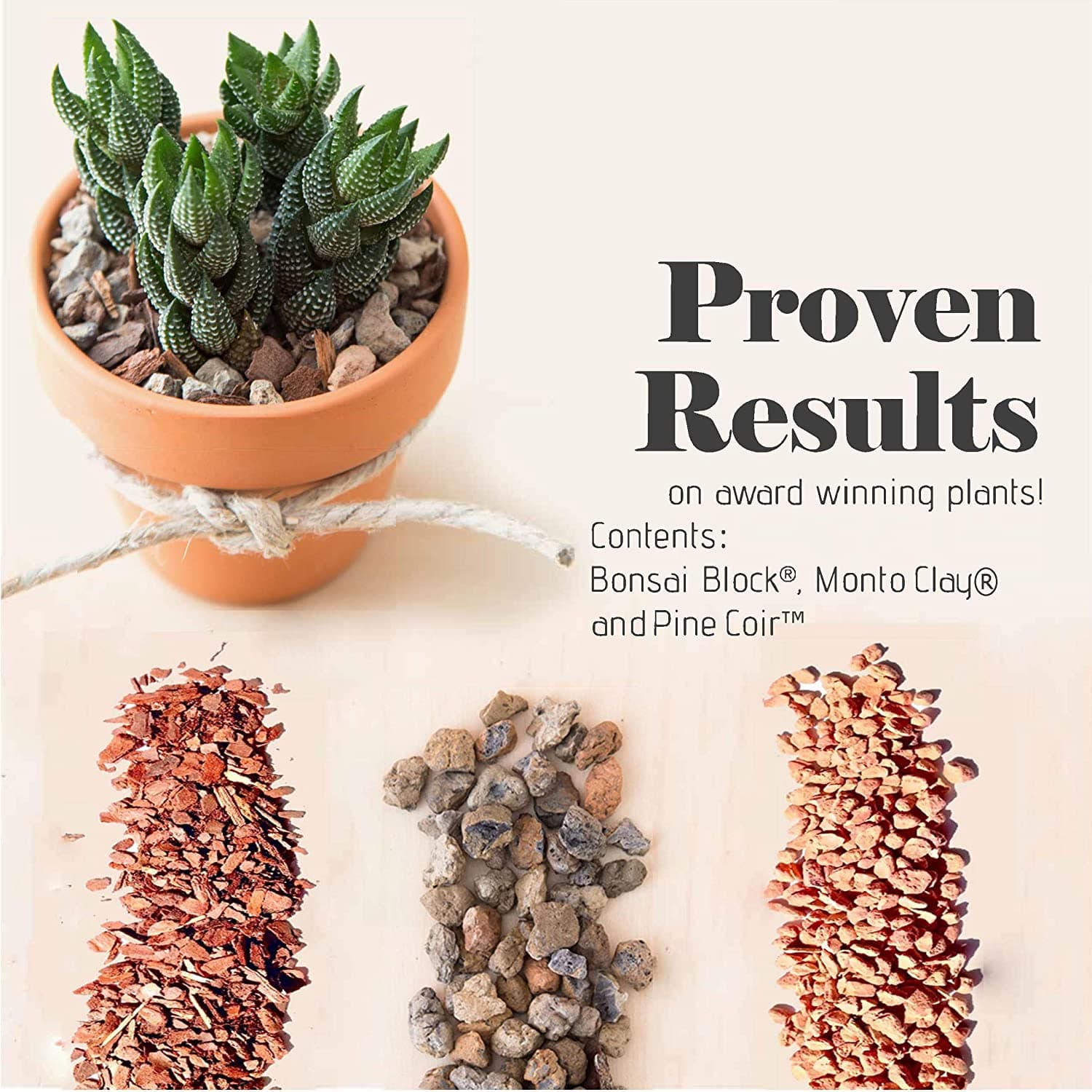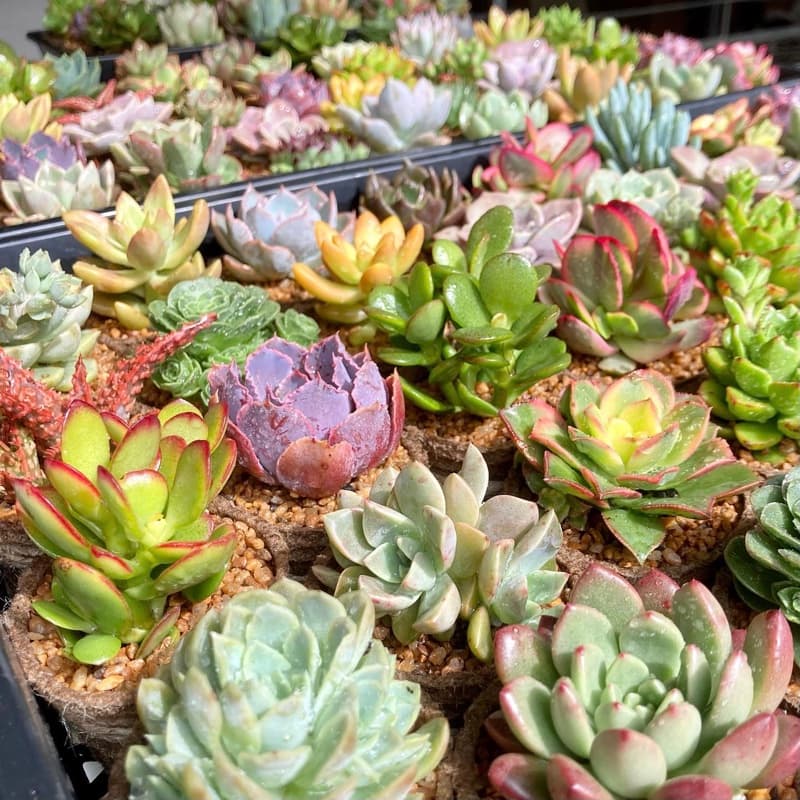How Do You Care For Succulents Indoors?
Posted by Grace on March 20, 2023
Succulents have become increasingly popular as indoor plants due to their unique shapes, textures, and low maintenance requirements. However, caring for these desert plants can be tricky, especially if you're new to gardening. In this post, we will answer some frequently asked questions about caring for succulents indoors.
Watering
Should I mist my indoor succulents?
Misting indoor succulents is not recommended.
These plants are adapted to survive in arid conditions, which means they do not require high humidity levels. Misting can lead to excess moisture on the leaves and stems, which can cause rot or fungal growth. Instead, water your succulents deeply but infrequently.
The general rule of thumb is to water them when the soil is completely dry. You can also use a well-draining soil mix to prevent water from pooling at the bottom of the pot.
Do you water succulents from the top or bottom?
It's best to water succulents from the bottom.
Place your potted succulent in a saucer filled with water, and let it soak up the water for about 20-30 minutes. This method allows the plant to absorb water gradually without oversaturating the soil, which can lead to root rot.
How do you know when a succulent needs water?
Succulents are adapted to thrive in dry environments, so they don't need to be watered as frequently as other plants.
The best way to know when to water your succulent is to stick your finger in the soil about an inch deep. If the soil is completely dry, it's time to water your plant. If it's still slightly damp, wait a few more days before checking again.
Soil
Do succulents need soil or sand?
Succulents require a well-draining soil mix to prevent water from pooling at the bottom of the pot.
You can use a pre-made succulent soil mix, or you can make your own by mixing potting soil with sand or perlite. Avoid using heavy soils, such as garden soil, as they can retain too much moisture and lead to root rot.
Longevity
How long do potted succulents last?
Potted succulents can last for several years if they are given the right care. However, their lifespan depends on various factors such as the species, growing conditions, and care practices. Some succulents are more fragile and have a shorter lifespan than others.
It's essential to monitor your plants for signs of stress or disease and adjust your care practices accordingly.
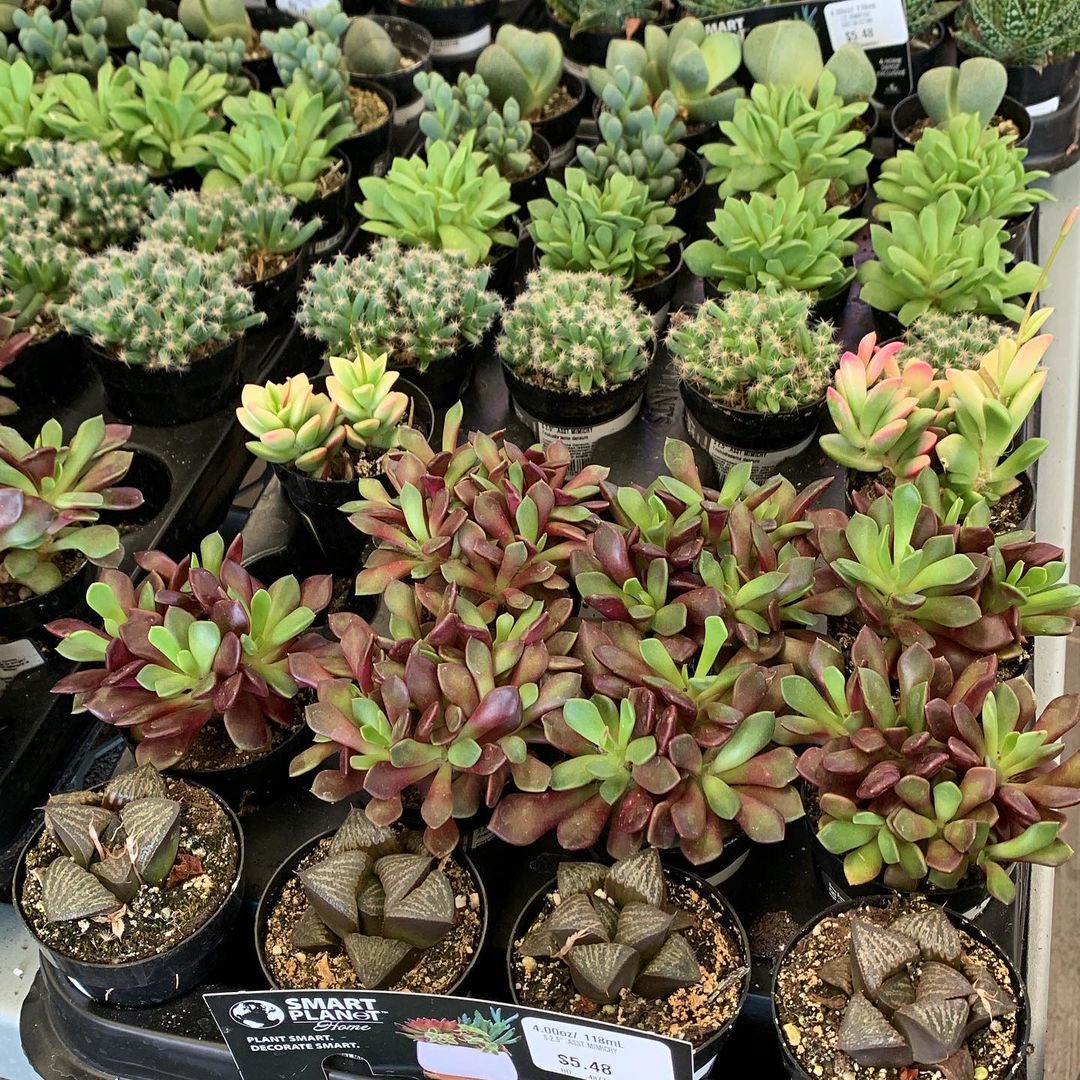 Bulk of succulents that I saw in a local grocery store
Bulk of succulents that I saw in a local grocery store
Why are my succulents dying?
There are several reasons why your succulents may be dying, such as overwatering, underwatering, inadequate lighting, or pest infestations.
Overwatering is the most common cause of succulent death, as it can lead to root rot and other fungal diseases. Underwatering can cause the plant to wilt and dry out, which can lead to irreversible damage.
Make sure your succulents are placed in a bright location and water them only when the soil is dry.
Need tools for succulent propagation and repotting? Here are my go-to tools: mini tool set (including syringe 💉, gloves 🧤, tweezers 🪤, dust blower 💨, tiny shovels 🛠️) and well-draining mix 🌱.Caring for succulents indoors requires some basic knowledge and attention to detail. Avoid misting your plants, water them deeply but infrequently, and monitor them for signs of stress or disease. With proper care, your succulents can thrive and bring joy to your home for years to come.

